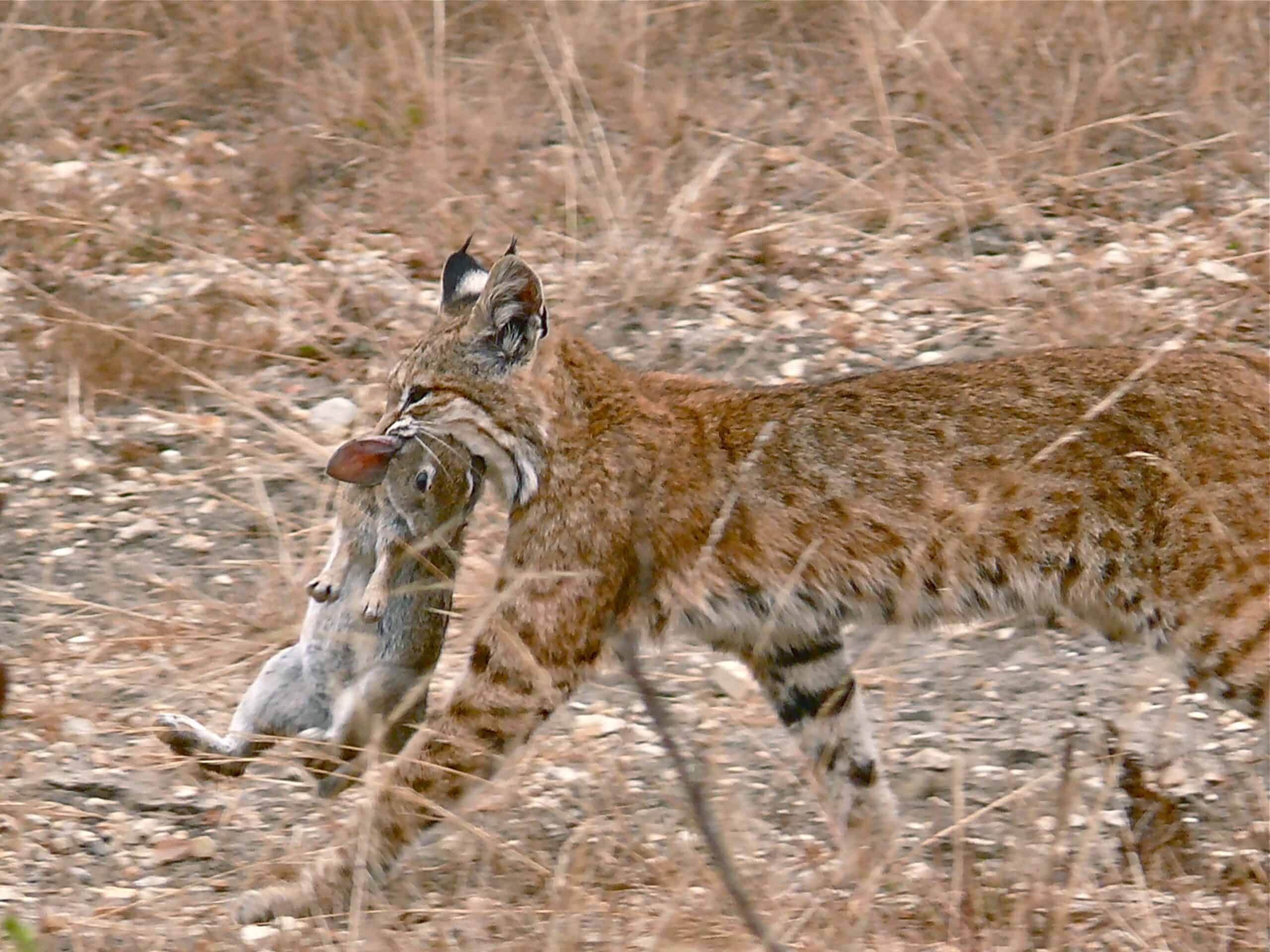Share this article
TWS reflects on racial insensitivity at recent conference
The Director of Colorado Parks and Wildlife made racially insensitive remarks at last month’s Colorado Parks and Wildlife Partners in the Outdoors Conference that resulted in a CPW employee feeling “traumatized, disappointed, upset, and extremely uncomfortable.” The director has since been placed on administrative leave.
The details of what happened are being investigated (read more information here). People on the receiving end of workplace misconduct and discrimination incidents face damage that is often significant, long-lasting and overlooked. What happened in Colorado is a reminder of how far the wildlife profession still has to go.
The Wildlife Society does not tolerate racism, or any other form of oppression, discrimination, harassment or bullying and is committed to promoting and enhancing diversity, equity and inclusion within the society and the wildlife profession. Our bylaws codify that commitment, stating “TWS will work to promote and enhance human diversity with the wildlife profession and TWS.” The Wildlife Society also has a well-established Code of Ethics with clear standards for professional conduct.
The Wildlife Society is aware that past and continued actions that disempower, harm and further marginalize underrepresented communities must be addressed as we move forward together. While many people, especially those who hold positions of power, may not recognize the negative impacts of their words or actions, that does not lessen the harm they inflict. Racist or discriminatory comments, microaggressions and exclusionary actions cause real psychological harm and can silence participation, limit career opportunities, and result in individuals leaving the profession or avoiding it all together.
The Wildlife Society remains committed to addressing these issues through the promotion of a culture of inclusion, safety, dignity and respect. It is our collective responsibility to hold each other accountable for perpetuated discrimination at the systemic, institutional and individual level. It is not enough to acknowledge that this reality is faced by many in our profession—we all need to proactively act to dismantle and counteract it.
TWS’ Code of Ethics provides members with a defined process for reporting violations by TWS members, and a timeline in which TWS leadership will review, investigate and issue a determination regarding disciplinary action.
To ensure there are clear pathways for members to communicate experiences of oppression, discrimination, harassment or bullying at our own conferences, TWS is establishing an Ombuds office at our 2022 Annual Conference. This person will be a highly trained professional, fully prepared to confidentially address issues of discrimination reported at our conferences now and into the future.
The wildlife profession and TWS should be a place where all feel welcome and have equal opportunities for success. We are saddened by the unfortunate events that took place in Colorado. We acknowledge the significant emotional, mental and physical energy exacted from those who choose to serve as a catalyst for change. Our collective success relies on all of us to reinforce the values and mission of TWS in everything we do. We all still have much learning and growth to do, and we encourage our colleagues to come together to cultivate a profession that fosters inclusion, safety and accountability.
Read The Wildlife Society’s Code of Ethics and Guidelines for Professional Behavior at The Wildlife Society Annual Conference.
Read The Wildlife Society’s Diversity, Equity, and Inclusion Vision and Standing Position Statement on Workforce Diversity within the Wildlife Profession.
Header Image: Colorado Alpine loop. Credit: Bob Wick, BLM








